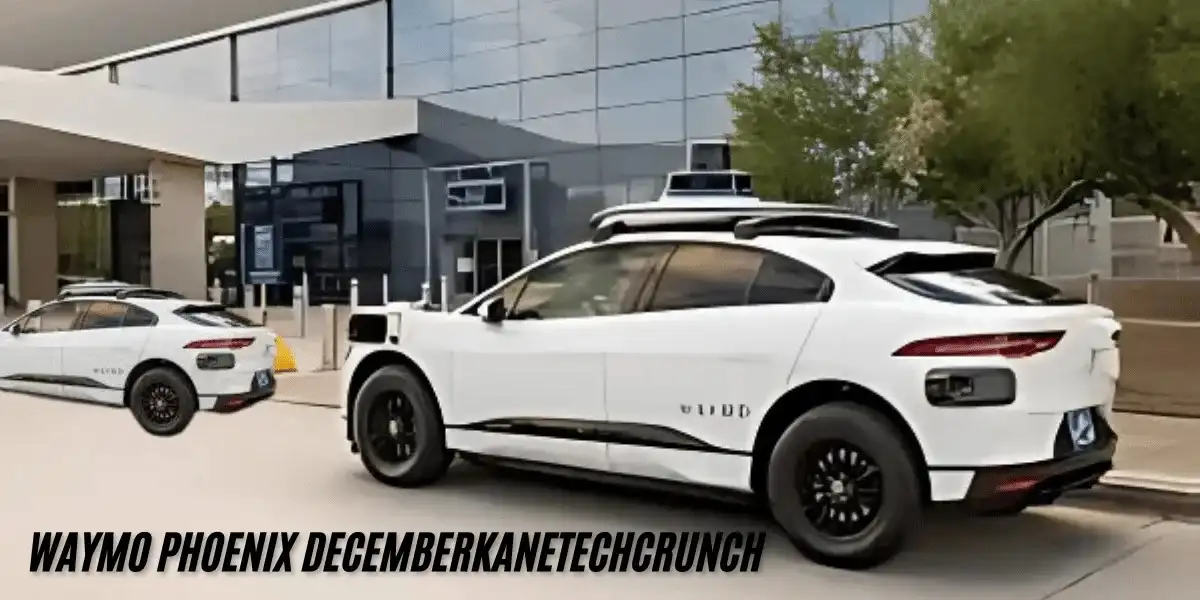As the world shifts towards sustainable energy solutions, solar power generators have emerged as a reliable and eco-friendly option for homeowners seeking to reduce their carbon footprint and lower energy bills. Whether you’re looking to power your home during an outage or want to embrace renewable energy for everyday use, understanding solar power generators is essential. This comprehensive guide will cover the basics of solar power generators, their benefits, how they work, types available, and what to consider when purchasing one for home use.
What is a Solar Power Generator?
A solar power generator is a device that converts sunlight into electricity for residential use. It typically consists of solar panels, an inverter, a battery storage system, and a charge controller. The solar panels capture sunlight and convert it into direct current (DC) electricity. The inverter then transforms this DC electricity into alternating current (AC) electricity, which is used in most household appliances. The battery storage system stores excess energy generated during the day for use at night or during cloudy weather, ensuring a continuous power supply.
Benefits of Solar Power Generators
Solar power generators offer numerous advantages that make them an attractive option for homeowners. Firstly, they provide a renewable energy source that reduces reliance on fossil fuels, contributing to environmental sustainability. Secondly, they can significantly lower electricity bills since solar energy is free once the system is installed. According to the U.S. Department of Energy, homeowners can save anywhere from 50% to 100% on their electricity costs, depending on their energy consumption and the size of the solar system. Additionally, solar power generators can increase property values and offer energy independence during power outages.
How Do Solar Power Generators Work?
The functioning of a solar power generator is relatively straightforward. It begins with solar panels that capture sunlight and convert it into DC electricity. The charge controller regulates the voltage and current flowing from the panels to the batteries, preventing overcharging. Once the batteries are charged, the inverter converts the stored DC electricity into AC electricity, which can then be used to power household appliances. In cases of excess energy generation, the surplus can often be fed back into the grid, allowing homeowners to earn credits from their utility company through net metering programs.
Types of Solar Power Generators
When considering a solar power generator for home use, it’s important to understand the different types available. The most common types include portable solar generators, grid-tied systems, and off-grid solar systems. Portable solar generators are compact and designed for temporary power needs, making them ideal for camping or emergency situations. Grid-tied systems are connected to the utility grid, allowing homeowners to draw power from the grid during low solar production and sell excess energy back. Off-grid systems, on the other hand, are self-sufficient and require battery storage, making them suitable for remote locations without access to the grid.
Factors to Consider When Purchasing a Solar Power Generator
Before investing in a solar power generator, several factors should be considered. First, evaluate your energy needs by assessing the total wattage of appliances you plan to power. This will help determine the size of the solar system required. Next, consider the available space for solar panel installation, as well as the orientation and shading of your property. Additionally, research the quality and efficiency of solar panels, inverters, and batteries, as these components significantly impact overall performance. Finally, budget for installation costs, maintenance, and any potential incentives or rebates available in your area.
Installation and Maintenance of Solar Power Generators
Installing a solar power generator can be a complex process, often requiring the expertise of professionals. It’s recommended to hire a certified solar installer who can assess your property, design an optimal solar system, and ensure compliance with local regulations. Once installed, solar power generators typically require minimal maintenance. Regularly cleaning the solar panels, checking for debris, and monitoring battery health can help maintain efficiency. It’s also essential to keep an eye on the inverter and charge controller, as these components are critical for the system’s performance.
Cost of Solar Power Generators
The cost of solar power generators varies widely based on several factors, including system size, brand, and installation expenses. On average, homeowners can expect to pay between $10,000 and $30,000 for a complete solar power system, including installation. However, federal tax credits and state incentives can significantly reduce the overall cost. According to the Solar Energy Industries Association, the federal solar tax credit allows homeowners to deduct 26% of the installation costs from their federal taxes, making solar power more accessible and affordable.
The Future of Solar Power Generators
The future of solar power generators looks promising, with continued advancements in technology and increasing adoption rates. Innovations such as solar batteries with higher storage capacities, more efficient solar panels, and smart home integration are enhancing the functionality of solar power systems. Additionally, as more homeowners recognize the benefits of renewable energy, the demand for solar power generators is expected to rise. According to a report by the International Energy Agency, solar energy could become the largest source of electricity globally by 2030, paving the way for a more sustainable future.
Conclusion
Solar power generators offer a viable solution for homeowners looking to harness renewable energy, save on electricity costs, and contribute to a sustainable future. By understanding the workings, benefits, and considerations associated with solar power systems, you can make an informed decision when selecting the right generator for your home. As technology continues to advance and the demand for clean energy grows, investing in a solar power generator not only benefits you but also the planet, paving the way for a cleaner, greener future.



